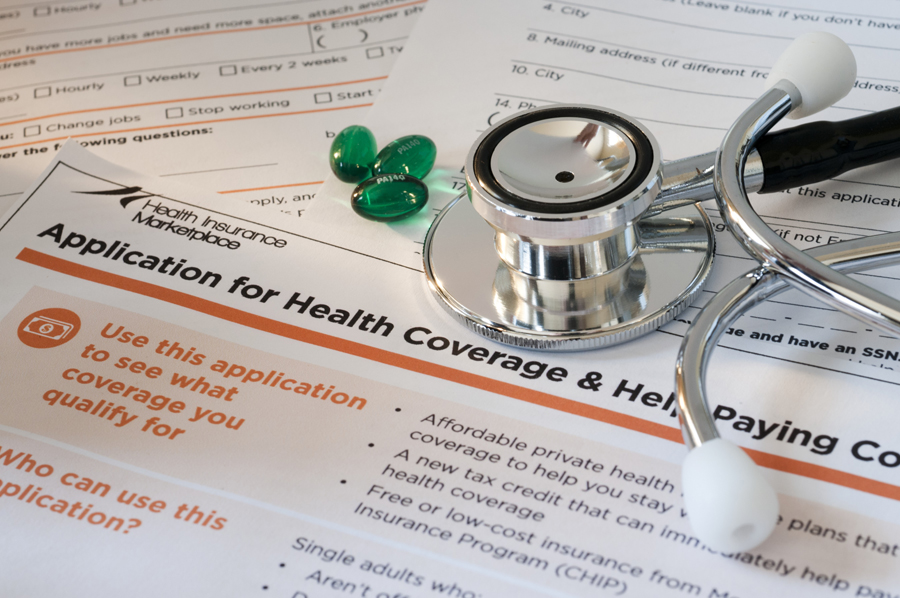You might be penalized if you do not have a qualified health insurance
July 17, 2014 by Eric Linden
Now that the furor, for the most part, over the Affordable Care Act has subsided a bit, or maybe not, shall we take a quick look at the PENALTY for not abiding by this landmark law? This part of the law asks the Internal Revenue Service to step in and be the hammer, which makes sense since we are a nation of Social Security numbers − and how else would we enforce it?
Let’s get to it:
The tax penalty you will have to pay if you don’t have “qualified health coverage” is calculated based on your family size and income. You will not have to pay this “fee,” “tax,” “penalty” or “fine” (pick your poison) if your coverage lapses for a period that is less than three consecutive months within a single tax year. In addition to the terms mentioned above, the tax penalty has also been called an “individual shared responsibility payment.” For 2014, the annual one-time tax penalty will be $95 per adult and $47.50 per child under 18, or one percent of your total income, whichever is greater.
Please read that last sentence above again. There has been much focus on the $95 fine with little attention being paid to the WHICHEVER is greater not-so-fine-print. If you are self-employed and make $100K+ a year and, whoa, forget to get health insurance, that could get a little pricey in the penalty department. That will be almost as much as your monthly iPhone bill, not to mention the fact that you will have to pay for all of your health care.
The next question is, how will the IRS collect?




